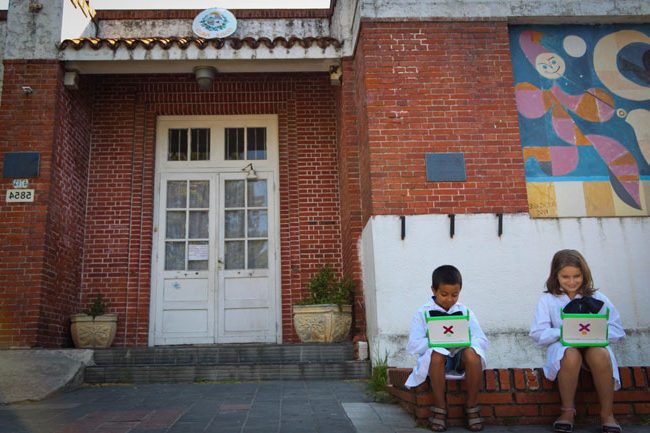The objective of the study, which commenced at the end of July, is to improve the knowledge on how Uruguayan children and adolescents (between 9 and 17 years of age) experience the internet: how they use it and what activities they do, what devices do they use to go online, what they like and dislike about digital technologies, as well as what risks and opportunities they face in the online world. Between August and September 2017, the team will be surveying 1,000 children and adolescents between the ages of 9 and 17 and one of their responsible adults in homes, in urban areas, throughout the country.
Matías Dodel from Universidad Católica del Uruguay who is the principal investigator of the project highlights the importance of the research:
Knowing how children relate to the Internet will allow us to design more efficient policies that fit the Uruguayan reality. In particular, they will allow us to find the best ways to support children and adolescents to live a connected life as safely as possible. It will help us to ensure safer online experiences where children’s rights are respectedand enable the youth to make the most of the opportunities provided by the Internet.
Soledad Magnone (Plan Ceibal) adds:
Being able to compare the situation in Uruguay with that in other countries in the region and with the rest of the world has the advantage of helping us to put Uruguayan results in perspective, thus defining the main issues to be addressed, both locally and globally.
Post author: Matías Dodel
You can sign up to receive the latest research news from Global Kids Online by email. Please forward this message to anyone you think may be interested.








